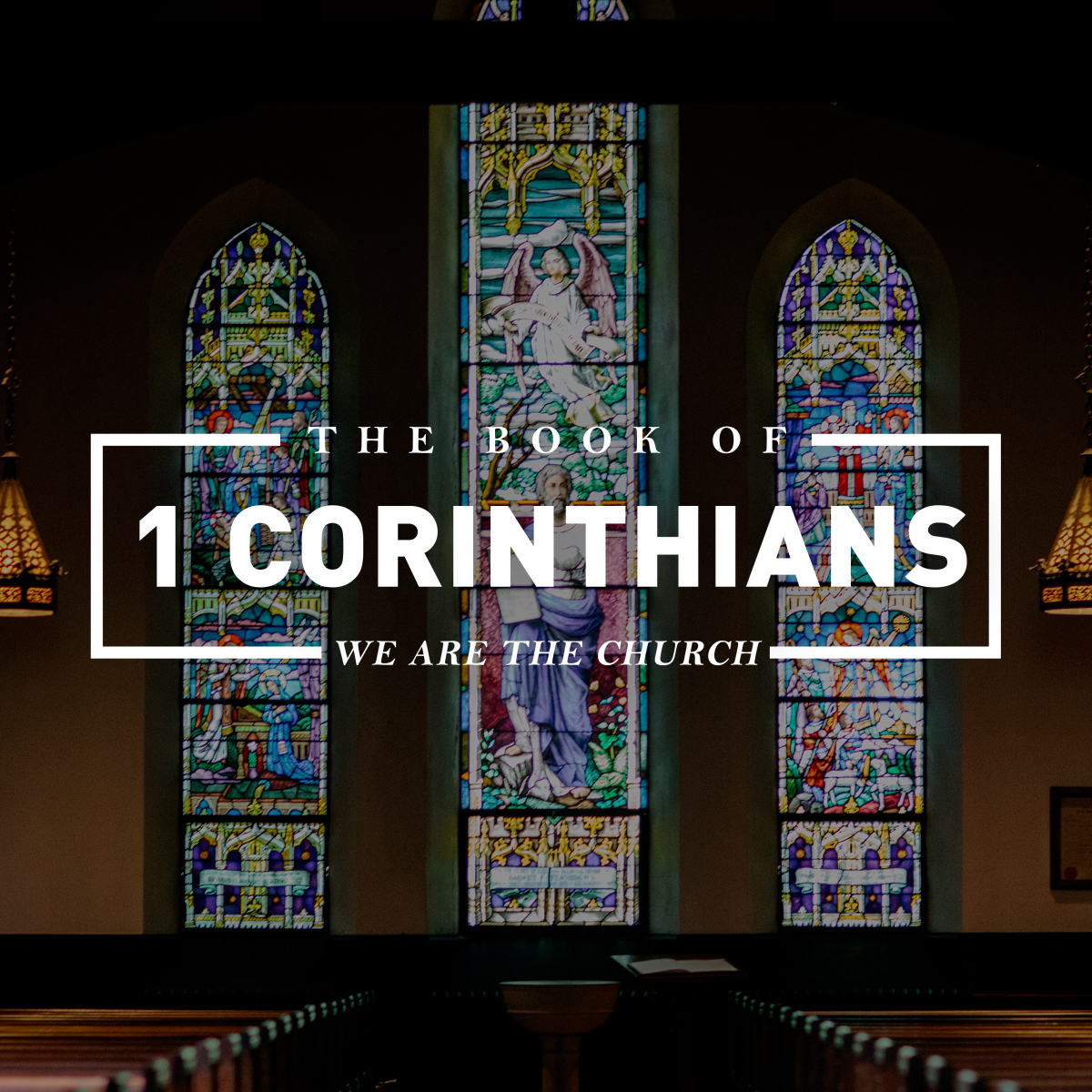“It is love that sets the limits of our freedom.”
-Alistair Begg
“I have the right to do anything,” you say—but not everything is beneficial. “I have the right to do anything”—but not everything is constructive. No one should seek their own good, but the good of others.
1 Corinthians 10: 23-24
We live in a “free” society, but our freedom has limits, right? Think about the traffic rules we have in place, for example. We are free to drive wherever we like, but there are rules to guide us. I mentioned to Patrina a couple of days ago that obeying traffic rules is similar to the foundations of civilization. It might sound like a stretch, but consider the additional chaos we would experience on our highway system if everyone drove without paying attention to the detour signs or made up their own traffic rules.
We can also observe some kind of chaos when it comes to what we refer to as Christian freedom. There are those who repeat the line from the Corinthian church above – “I have the right to do anything” and no one can stop me because I am free! And then there are those who want to restrict freedom through more rules and regulations. Which one do you identify with more?
I think we can all agree that a follower of Christ does not have the freedom to mishandle the truth or steal. But even when something is permissible, it may not be the best way to express our freedom. And so, we have limits based on Paul’s command to look out for the good of others.
Paul continues “So whether you eat or drink, or whatever you do, do it all for the glory of God. Don’t give offense to Jews or Gentiles or the church of God. I, too, try to please everyone in everything I do. I don’t just do what is best for me; I do what is best for others so that many may be saved” 1 Corinthians 10: 31-33 NLT).
In light of Paul’s final line in the verses above – “I do what is best for others so that many may be saved”, let’s be reminded to ask ourselves if we are running the risk of either end of the spectrum at the expense of Christ-like love for others.


0 Comments